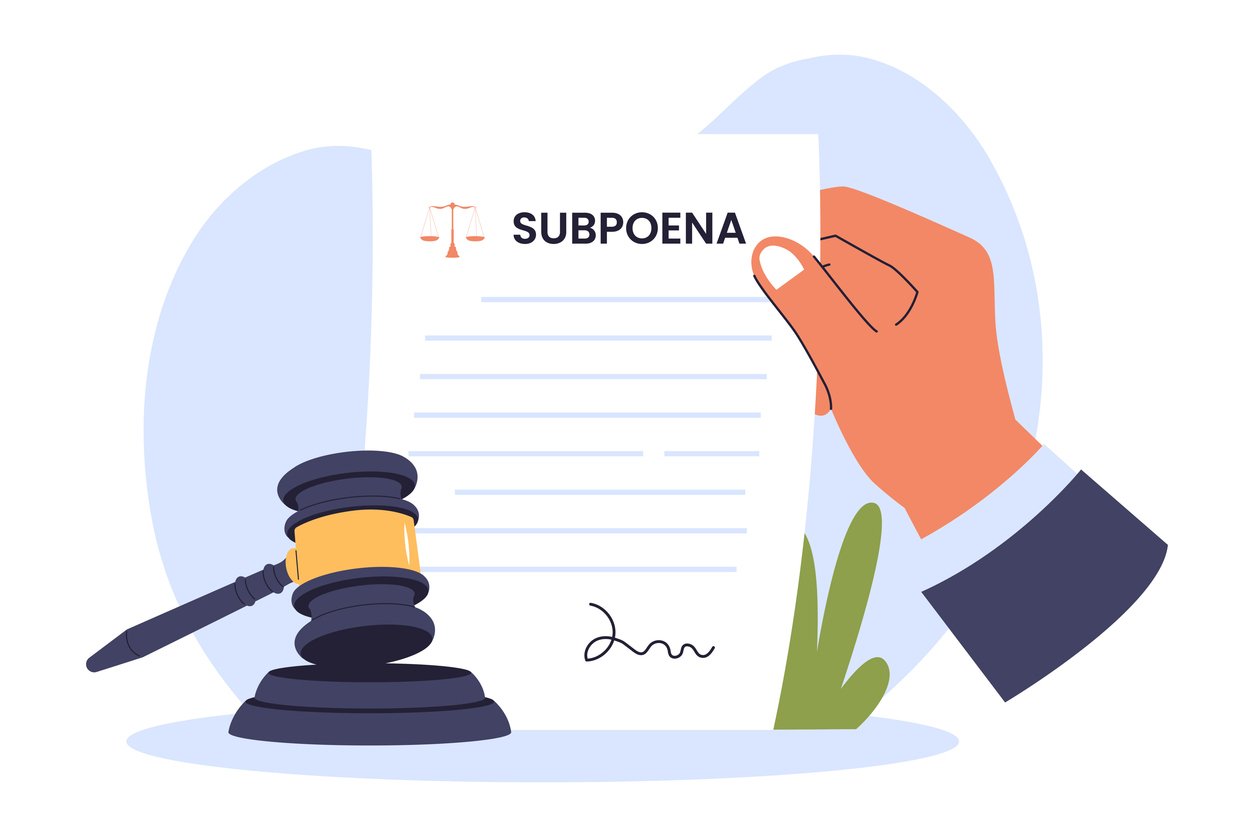 Starting a business in Los Angeles is an exciting venture, but before opening your doors, it’s crucial to ensure you have all the necessary licenses and permits in place. Proper business formation goes beyond choosing a name and registering with the state; it requires compliance with federal, state, and local regulations. In this blog, we’ll provide a detailed checklist of the licenses and permits you need for business formation.
Starting a business in Los Angeles is an exciting venture, but before opening your doors, it’s crucial to ensure you have all the necessary licenses and permits in place. Proper business formation goes beyond choosing a name and registering with the state; it requires compliance with federal, state, and local regulations. In this blog, we’ll provide a detailed checklist of the licenses and permits you need for business formation.
Step 1: Choose a Business Structure
The first step in forming a business is choosing the right structure. Your business structure will determine your liability, tax obligations, and legal protections.
Types of Business Structures
• Sole Proprietorship: Simplest form, but offers no personal liability protection.
• LLC (Limited Liability Company): Offers liability protection while providing flexibility in taxation.
• Corporation: A more complex structure with its own tax and legal regulations, ideal for larger businesses.
Each structure has its own licensing requirements, so ensure you select the one that best fits your business needs.
Step 2: Register Your Business Name
Once you’ve chosen a structure, you need to register your business name. In California, a “Doing Business As” (DBA) or Fictitious Business Name (FBN) filing may be required if you’re operating under a name different from your legal one.
Step 3: Obtain Federal and State Tax IDs
Before applying for business licenses, you’ll need to obtain an Employer Identification Number (EIN) from the IRS. This number is used for tax reporting purposes and is necessary for businesses with employees. Additionally, California businesses may need to register for a state tax ID with the California Department of Tax and Fee Administration (CDTFA).
Step 4: Apply for Business Licenses and Permits
The type of business license or permit you need will depend on your industry, location, and the nature of your operations. Below are some of the common licenses and permits required in Los Angeles:
General Business License
In Los Angeles, most businesses are required to obtain a business license from the city’s Office of Finance. This general business license ensures that your business complies with local laws and can operate legally within the city.
Industry-Specific Licenses and Permits
Certain industries require specific licenses or permits beyond the general business license. These may include:
• Health Permits: For businesses like restaurants or food trucks.
• Alcohol Licenses: For bars and restaurants selling alcohol.
• Zoning Permits: For businesses operating in specific areas.
• Professional Licenses: For industries such as legal, medical, and real estate.
Step 5: Check for Additional Compliance Requirements
Depending on your business activities, you may need to comply with additional federal or state regulations. These may include:
• Environmental Permits: For businesses that may affect air, water, or land quality.
• Fire Department Permits: For businesses that handle hazardous materials or have high-occupancy spaces.
Ensuring that you have the necessary licenses and permits is a crucial part of the business formation process. Missing a step can lead to fines, delays, or even the closure of your business. If you need help navigating business formation and obtaining the appropriate licenses, Law Advocate Group, LLP is here to assist you. Contact us today to get started on the right foot.



